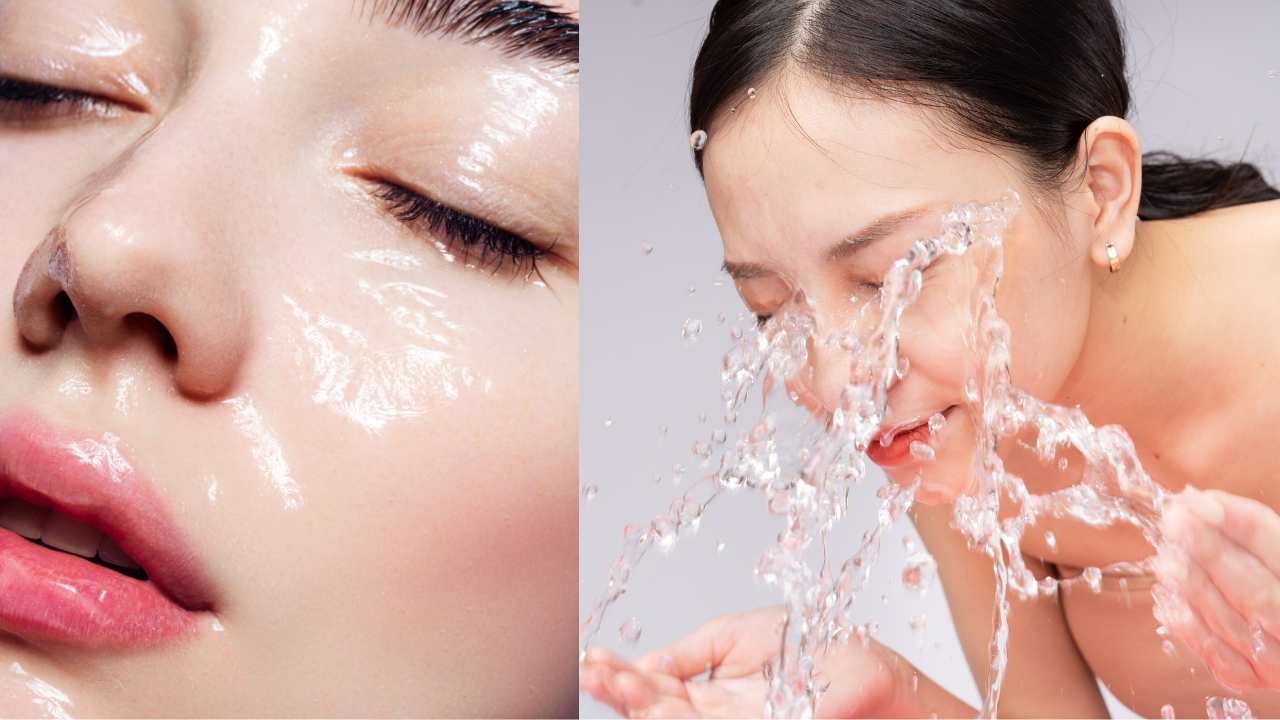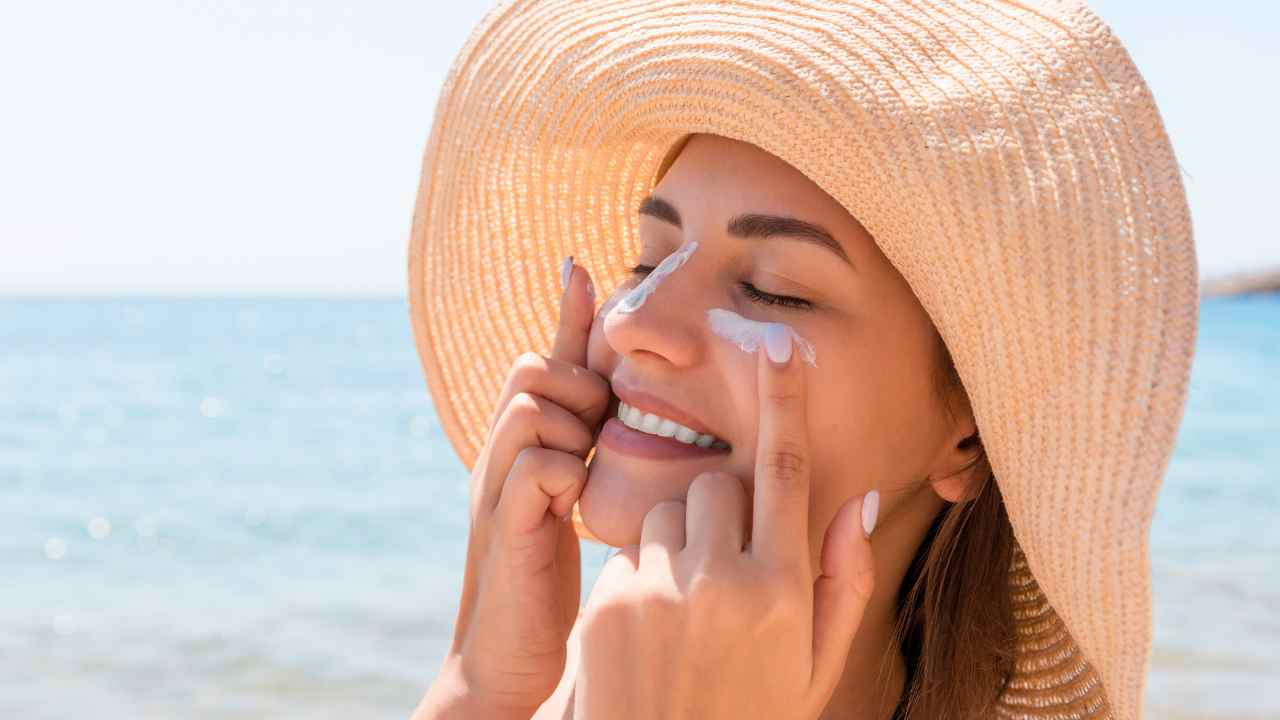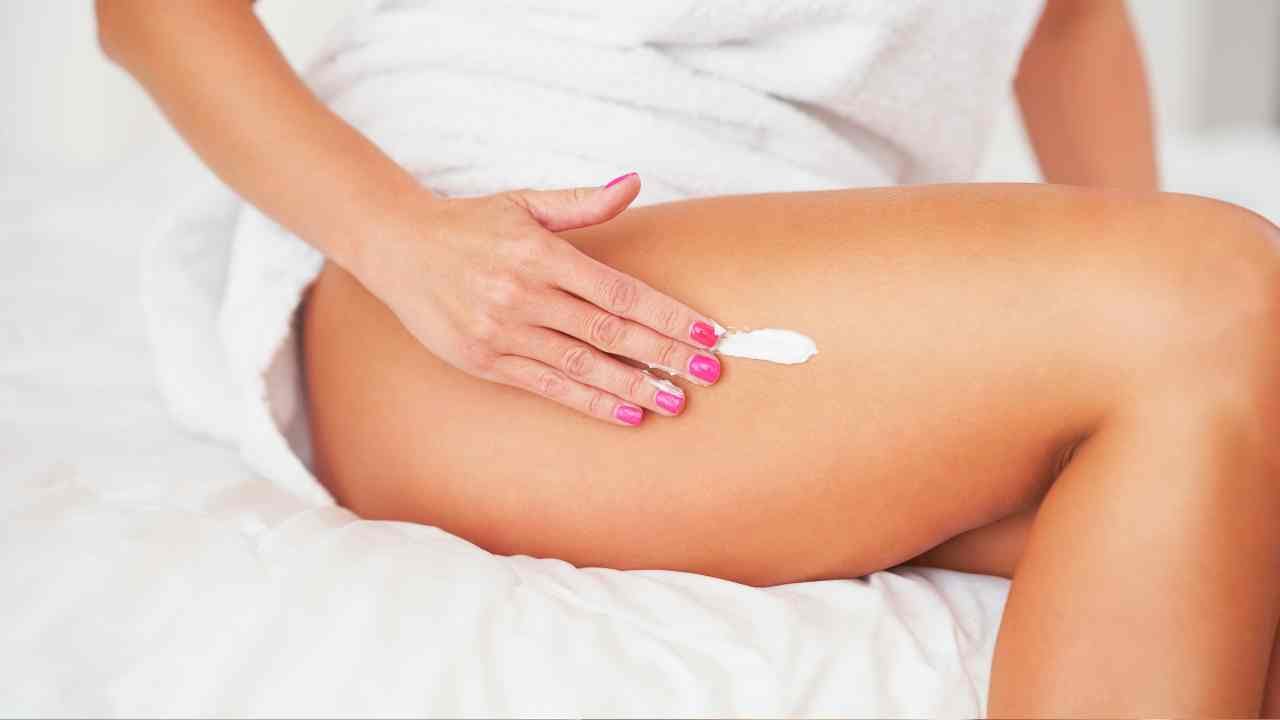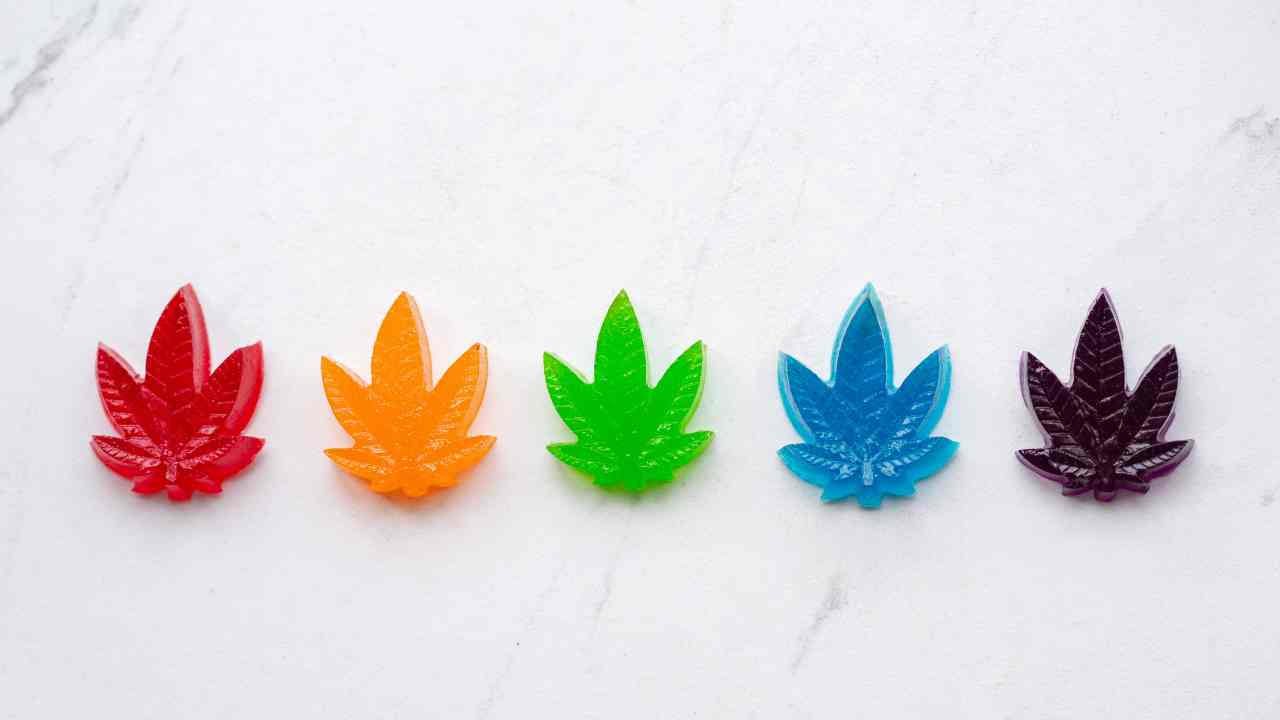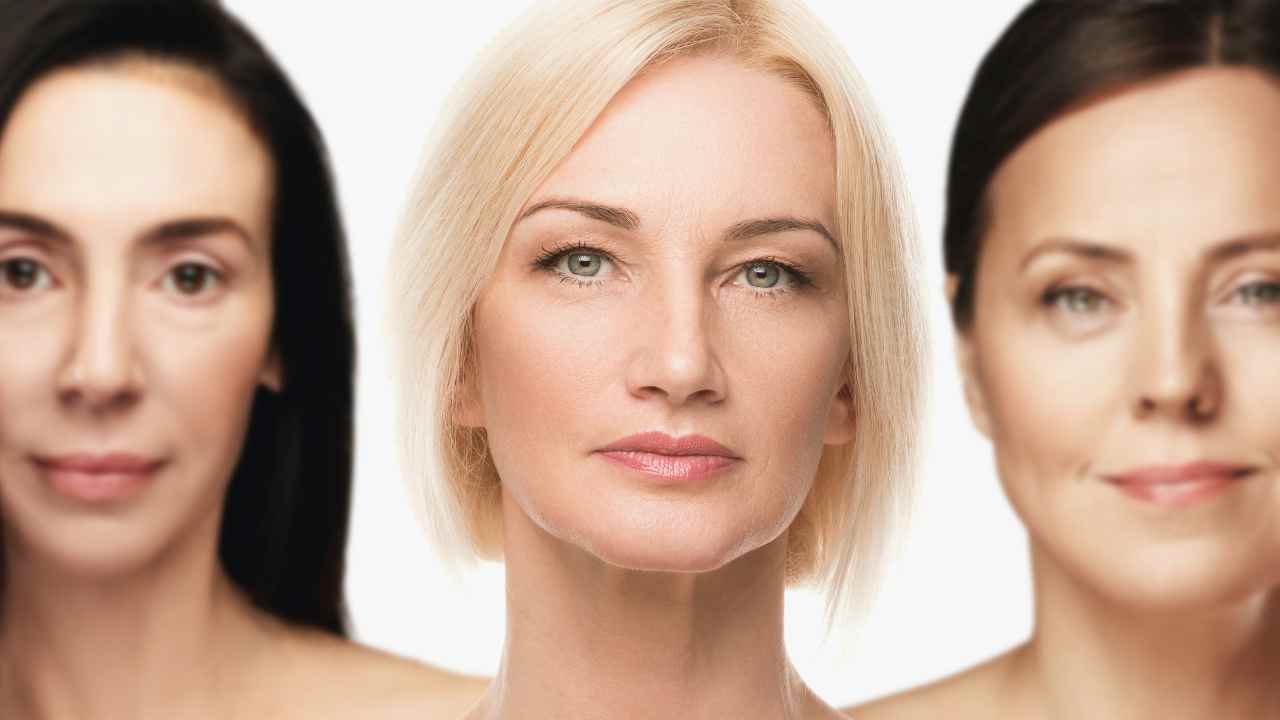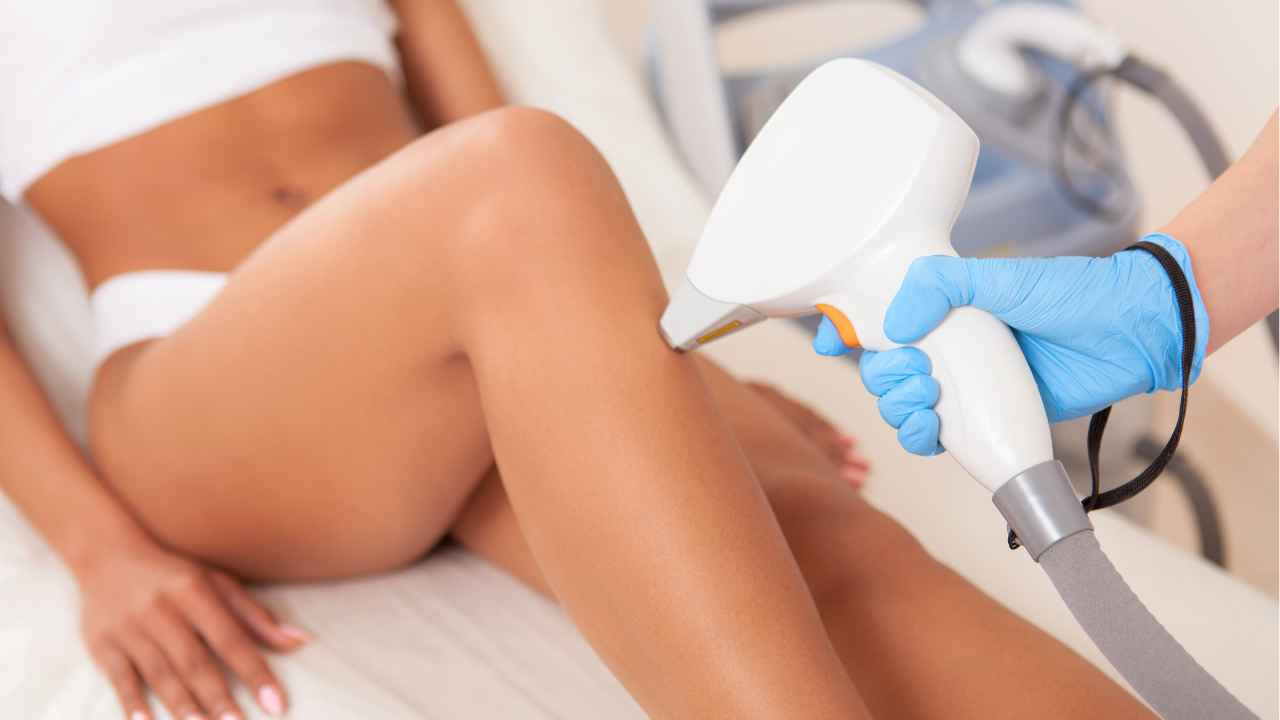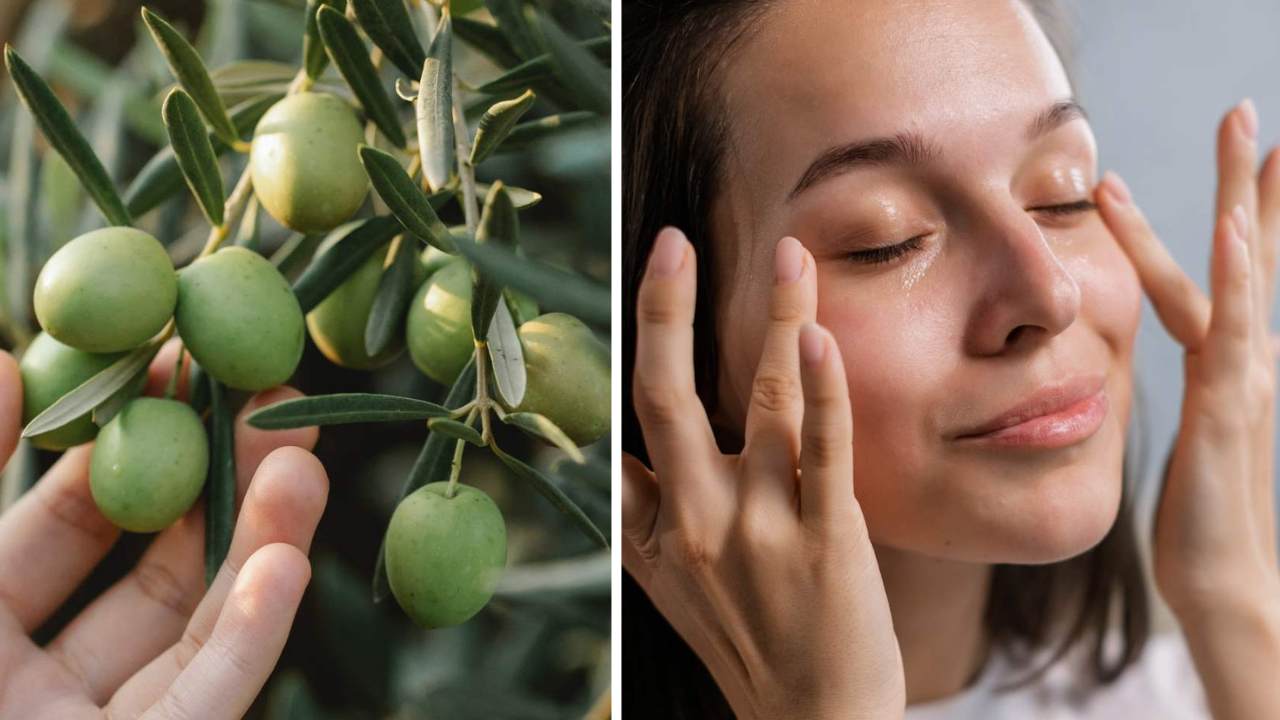
Does Squalane Clog Pores or is it Really a Skincare Miracle?
Have you ever heard of squalane and wondered what it is, where it comes from, and if it's good or bad for your skin?
Squalane is a popular skincare ingredient that can be found in many beauty products.
But does this oil clog pores? There’s plenty of debate surrounding this ingredient. Don’t worry; we’re here to give you the scoop on all things squalane!
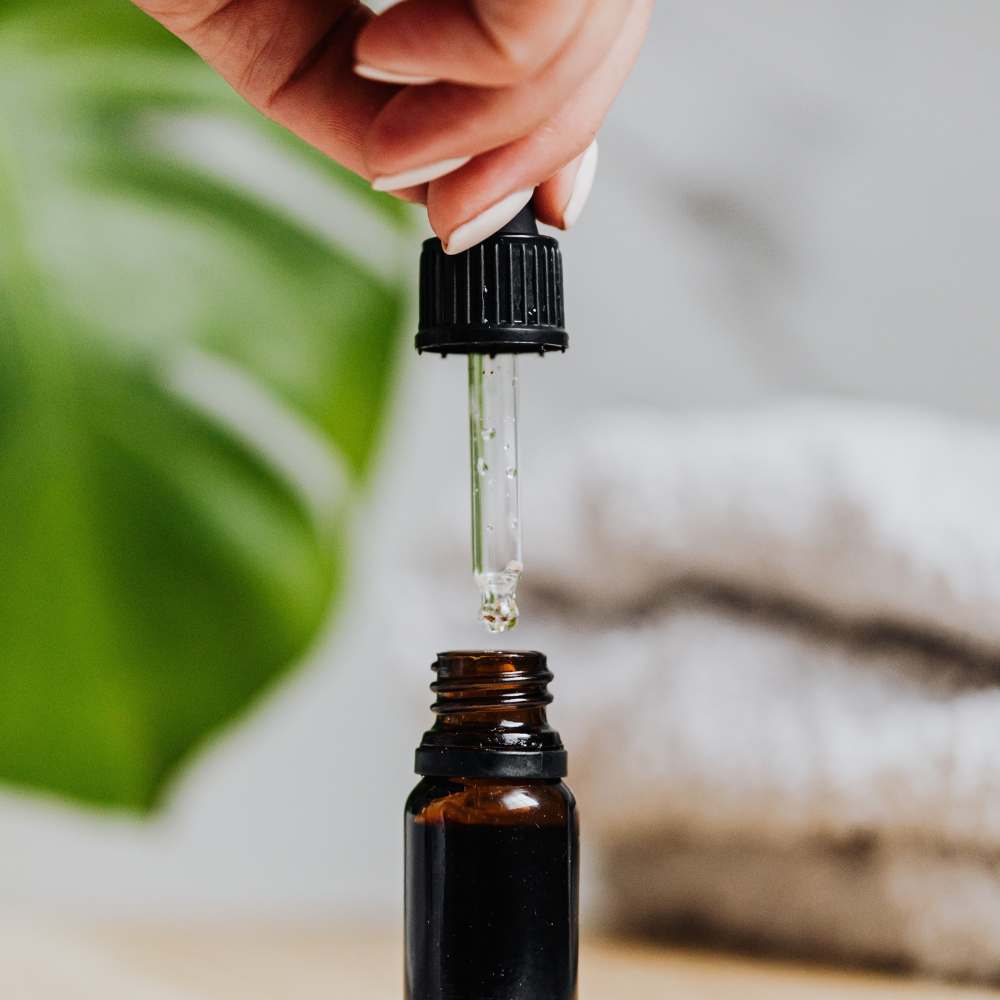
What is Squalane?
Squalene (note the difference between "squalene" and "squalane") is a naturally occurring lipid that can be found in the body's natural sebum in the sebaceous glands (the oil our skin produces).
It has been used as a skincare ingredient since ancient times because of its ability to create hydrated skin.
So why don't we use squalene instead of squalane? It turns out that squalene oxidizes quickly when exposed to air, which makes it less stable than its hydrogenated version, squalane.
As a result, many skincare brands opt for using squalane instead of squalene.

Where Does Squalane Come From?
Squalane comes from several sources including shark liver oil, olives, rice bran and sugarcane.
Depending on where the squalane comes from, its comedogenic rating may vary.
For example, squalane oil from shark livers has a high comedogenic rating (4/5) while plant-derived ones typically have lower ratings (2/5).
The comedogenic rating of an ingredient tells us how likely it is to clog our pores and cause acne breakouts.
So if you're looking for an acne-friendly product with this ingredient in it, make sure you opt for one with plant-derived squalane!
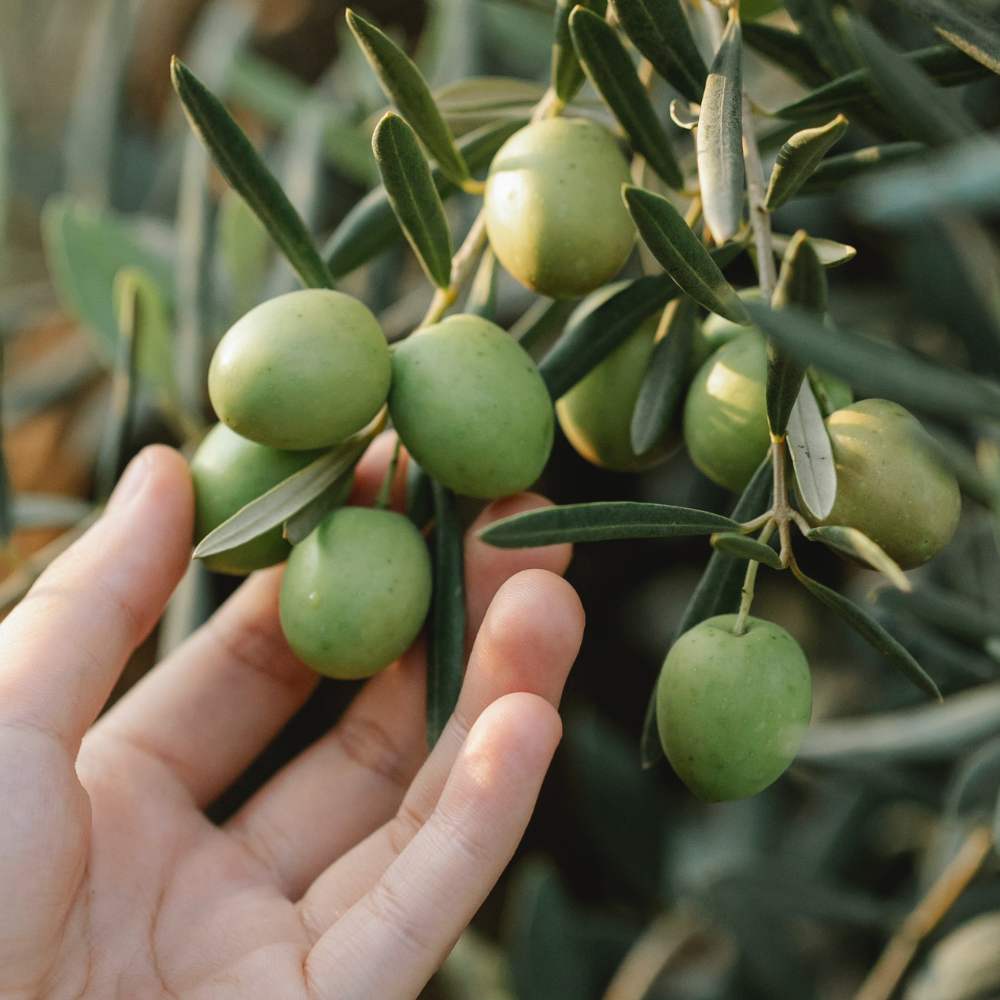
How is Squalane Harvested From Olives?
When it comes to harvesting squalane from olive oil, the process starts with extracting high-grade extra virgin olive oil either through cold pressing or centrifugation.
Cold pressing involves lightly crushing and then pressing olives to extract their juice; centrifugation uses a spinning motion to separate solids from liquids in order to extract purer oils.
After this extraction process, further refinement is done using chemical-free processes such as acidification followed by distillation in order to create an odorless squalane product.

How is Squalane Harvested From Sugarcane?
The process of extracting squalane from sugar cane begins with the collection of fresh sugar cane juice.
The juice is then filtered to remove solids such as plant debris and foreign matter before being pasteurized to kill any harmful microorganisms.
Once the pasteurization process is complete, the liquid is cooled down until it becomes almost solid - this allows for easy separation of water components from the oil droplets that are suspended in it.
This step effectively separates the squalane molecules, which then float on top of the liquid phase due to their higher density.
After separating out these heavy oil droplets at the surface, they are collected through skimming off or centrifugation (sending them spinning quickly around in a cylinder).
The resulting squalene-enriched material may further undergo hydrolysis (breaking down through contact with water) to synthesize fatty acids like stearic acid or palmitic acid which are useful compounds in cosmetics production.
Finally, using distillation processes such as molecular sieve or steam extraction methods allows us to extract pure squalane without any unwanted impurities or contaminants left behind!
All that’s left after all these steps is creating amazing emollients for beauty enthusiasts everywhere!
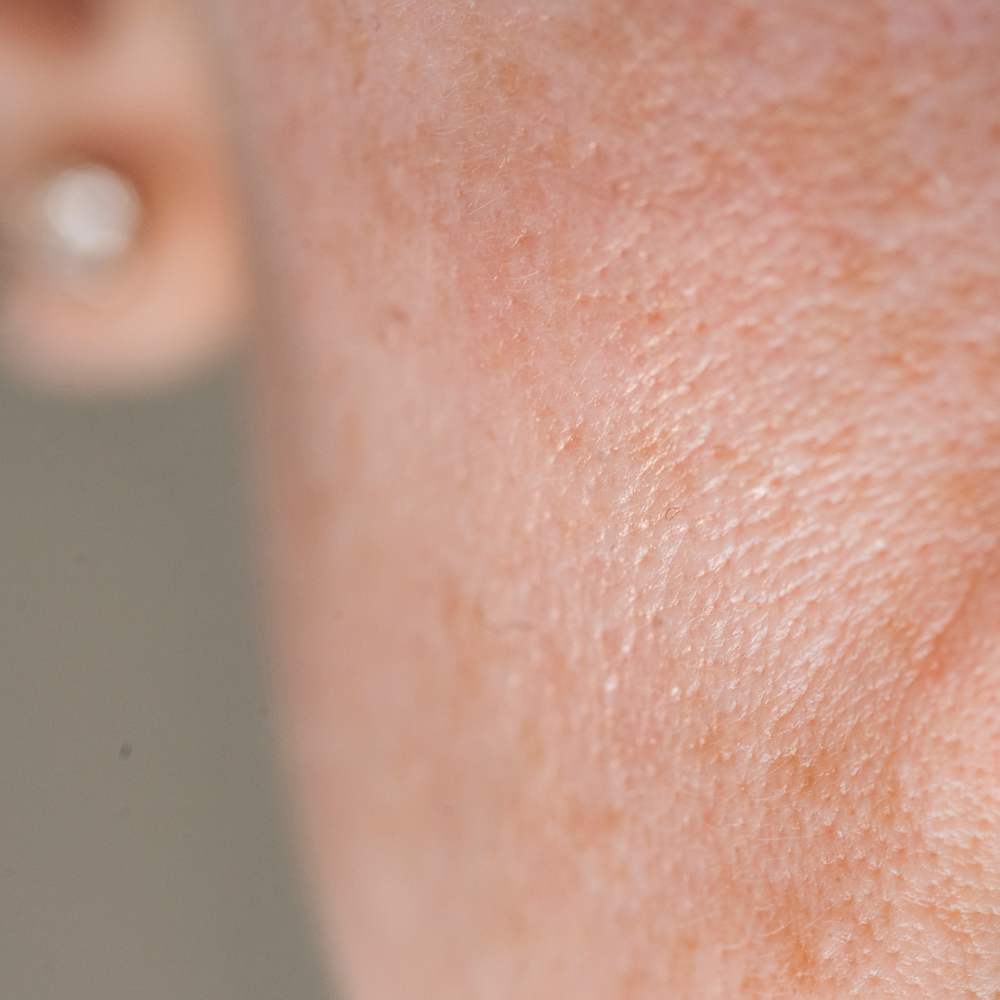
Does Squalane Clog Pores?
The answer to this question depends on the source of the product's squalanes.
If they are derived from plants such as olives or sugar cane, then the chances of them clogging your pores are relatively low because those kinds typically have low comedogenic ratings (2/5).
However, if your product contains shark liver oil-derived squalane then there's a higher chance that they will clog your pores because these types usually have high ratings (4/5).
Additionally, everyone's skin type is different so what works for some might not work for others—it's all about finding the right balance for your own skin type!
Is Squalane Good for Oily Skin?
Absolutely! Squalane is an amazing lightweight oil derived from olives that can benefit even the oiliest of skin types.
It's packed with antioxidants and fatty acids, which help to lock in moisture while simultaneously minimizing the appearance of pores and reducing sebum production.
In addition, a few drops of squalane helps to restore balance and reduce inflammation, so that skin stays hydrated without getting too greasy or sticky.
Is Squalane Good for Dry Skin?
Squalane is an awesome moisturizer for dry skin, as it helps to keep skin hydrated and protected all day long.
Unlike other heavy creams, squalane won't clog your pores or leave your skin feeling greasy.
Plus, its lightweight and non-greasy formula makes it perfect for layering under makeup for a smooth finish.
Is Squalane Good for Sensitive Skin?
Yes! Squalane is ideal for sensitive skin, as its natural formula is gentle and non-irritating.
It's also hypoallergenic and free of allergens, so it's perfect for anyone with irritated skin.
Squalane helps to create a moisture barrier to lock in moisture and provide a protective skin barrier against the elements, while its light texture won't clog pores or feel greasy on the skin.
Is Squalane Good for Under Eyes?
Yes! Squalane is a great choice for the delicate skin around your eyes. Its lightweight formula helps to moisturize and hydrate without leaving the skin feeling greasy or oily.
It also helps to reduce signs of aging, like wrinkles and fine lines, while providing protection against free radical damage.

Which Step is Squalane in a Skincare Routine?
Squalane should be one of the last steps in your skincare routine. It seals in all the other beneficial ingredients that you've already applied to your skin, such as antioxidant
First, cleanse your face and/or exfoliate dead skin cells away. Then move on to serums and moisturizers.
This helps to make sure those ingredients do their job properly and that your skin gets all its much needed nourishment.
Squalane is an amazing ingredient because it penetrates deeply into the skin and not only acts as a protective barrier but also provides incredible hydration - two benefits which are essential for healthy, beautiful looking skin!
Using squalane correctly will help keep UV damage at bay while boosting cell regeneration and preventing premature aging.
You might want to use it both morning and night depending on how dry or dehydrated your skin is feeling. Just apply after cleansing with warm water and after any water-based products you've used (like creams or toners).
For those with particularly dry or mature skin, adding squalane oil into their skincare regimes could be like hitting two birds with one stone by combining brilliant hydration with excellent anti-aging properties.
Other Oils and Whether You Should Use Them
When it comes to skincare, natural oils are an excellent way to nourish your skin, improve its appearance, and keep your pores free from blockages.
But which oils should you choose? Here are some alternatives to squalane oil and their comedogenic ratings
Rosehip Seed Oil
Rosehip seed oil is derived from rose hips that come from wild roses in Chile. It is rich in fatty acids and antioxidants, making it incredibly nourishing for the skin.
It also has anti-inflammatory properties that can help reduce redness and irritation, making it ideal for those with sensitive or acne-prone skin.
Plus, its comedogenic rating is 0—the lowest possible rating—which means that it won’t clog your pores or cause breakouts.
Olive Oil
Olive oil is one of the most popular natural oils used in skincare today.
It is packed with vitamins A and E as well as antioxidants which make it great for hydrating and nourishing the skin.
Plus, olive oil has an even lower comedogenic rating than rosehip seed oil (0–2), so you don’t have to worry about clogging your pores when using this oil on your face.
Sweet Almond Oil
Sweet almond oil is another great option when it comes to skincare oils.
This light oil is quickly absorbed by the skin and helps lock in moisture while providing essential nutrients like vitamin E and omega fatty acids.
It also has a comedogenic rating of 2 (on a scale of 0–5), so it won’t clog your pores or cause breakouts either.
Oils to Avoid
It’s important to note that other popular skincare oils such as avocado oil, coconut oil, and cocoa butter all have higher comedogenic ratings (between 4–5).
So if you have oily or acne-prone skin, then it’s best to steer clear of those oils on your face and opt for one of our pore-safe options instead!
Understanding Comedogenicity
With so many different types of natural skincare oils available on the market today, finding the right one for your unique needs can be overwhelming.
But by understanding comedogenic ratings and knowing which oils are best suited for different types of skin, you can make sure that you’re choosing an option that won't clog up your pores or cause breakouts!
Rosehip seed oil, olive oil, and sweet almond oil all have low ratings on the comedogenicity scale—making them safe choices when looking for an effective pore-safe moisturizer.
Go Plant Based
In conclusion, whether or not squalane clogs your pores depends on the source of your product's ingredients.
If you want to use products containing this ingredient without worrying about breakouts or clogged pores, opt for ones with plant-derived versions such as olives or sugar cane instead of shark liver oil-derived ones.
As always though—everyone's skin type is different so experiment with different products until you find something that gives you glowing, healthy skin.
Before you add your serums and moisturizers you want to make sure you use a great cleanser!
If you're looking for a good pore cleanser that is safe for your skin, we can make some recommendations. Tap the button below for our list of the best pore cleansers you can get online.



